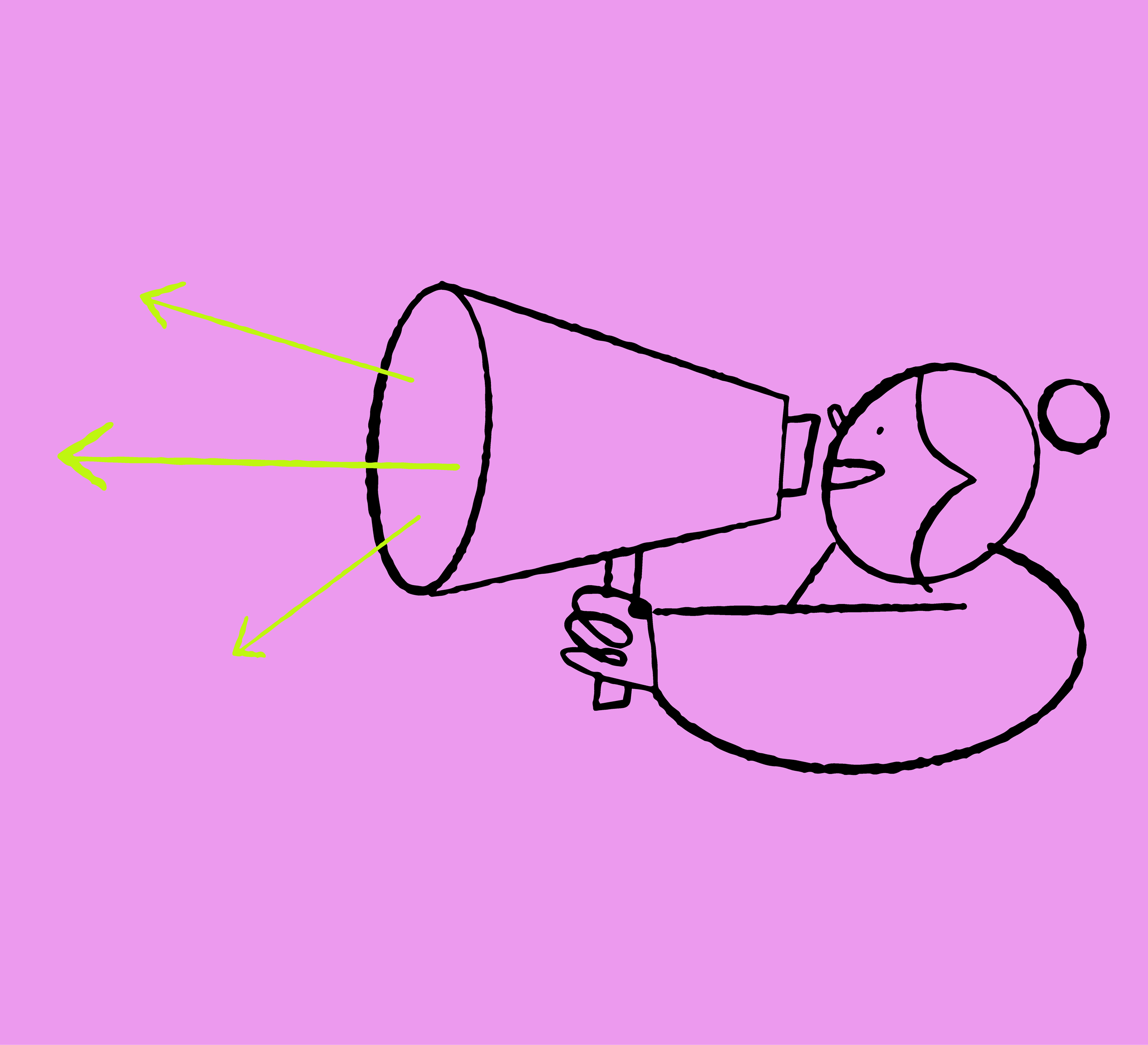UK Youth’s Thriving Minds Fund, which spans from 2022-2025, set out to support 99 charities and not-for-profit youth organisations to investigate best practices around mental health and wellbeing support for children and young people. A key ambition of the Fund was to enable and strengthen connection and learning between those working within the youth sector.
As the Learning Partner on the Thriving Minds Fund, we’ve been working with UK Youth and grantees to generate evidence about what enables the sector to work better together and share knowledge around best practices to support young people experiencing mental health challenges.
Read More








